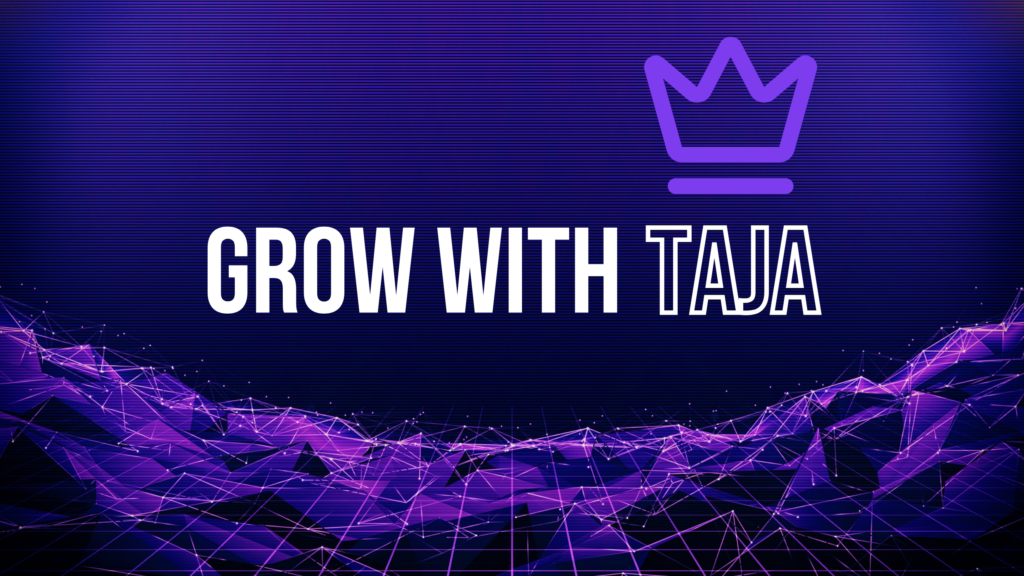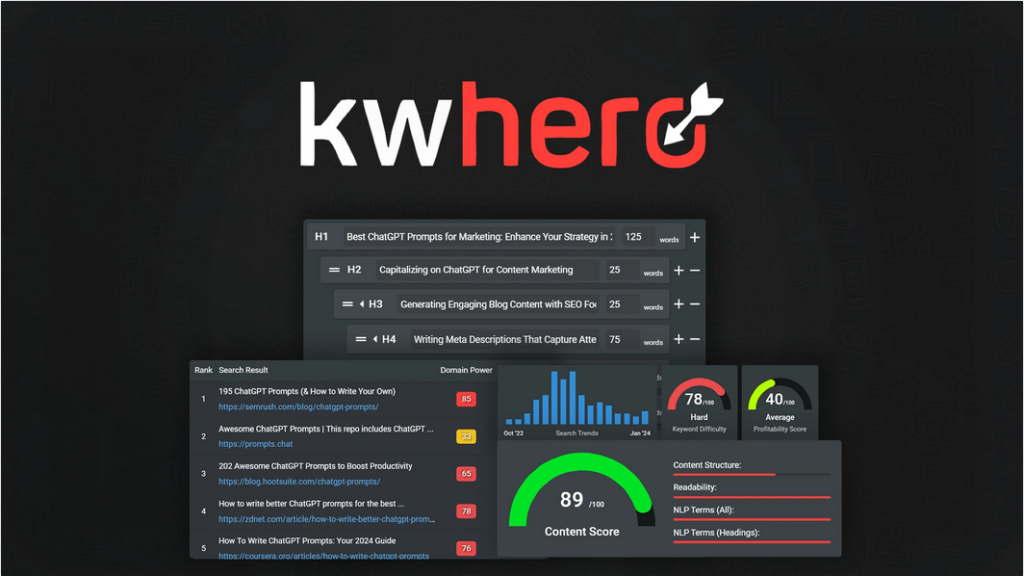Optimization AI Data Intelligence Solutions
In the modern era of technology, Optimization AI Data Intelligence Solutions play a vital role across a diverse array of applications. By harnessing the capabilities of artificial intelligence and machine learning, these solutions significantly improve data handling and decision-making procedures.One popular use case of ai and ml in this field is the development of ai models for big data analysis. Another important aspect is the protection of sensitive data, which requires robust ai systems capable of handling natural language and generative ai. Companies are increasingly investing in machine learning software to improve their operations and stay ahead of the competition.
In today’s fast-paced digital world, businesses are constantly seeking ways to optimize their operations and stay ahead of the competition. One of the most effective ways to achieve this is by leveraging the power of artificial intelligence (AI) and data intelligence solutions. These technologies provide businesses with valuable insights and actionable recommendations that can help drive growth, streamline processes, and improve overall efficiency.
What is Optimization AI?
Optimization AI, also known as prescriptive analytics, is a branch of artificial intelligence that focuses on finding the best course of action for a given business problem. By analyzing vast amounts of data and considering various constraints and objectives, optimization AI algorithms can recommend the most optimal solutions to complex optimization problems.
Optimization AI solutions utilize mathematical optimization techniques to make data-driven decisions and provide recommendations. These algorithms take into account constraints, objectives, and available resources to determine the best possible outcome. By leveraging optimization AI, businesses can improve decision-making processes and achieve better results.
One of the key advantages of optimization AI is its ability to handle uncertainty and complexity in decision-making. By considering multiple variables and scenarios, optimization AI algorithms can provide businesses with robust solutions that are not only optimal but also flexible and adaptable to changing conditions.
How Optimization AI Works
Optimization AI solutions work by leveraging advanced algorithms and machine learning techniques to analyze data, identify patterns, and make predictions. These algorithms can be trained on historical data to learn from past experiences and improve their accuracy over time.
Optimization AI algorithms use a combination of mathematical optimization and machine learning techniques to analyze data and provide recommendations. By processing large volumes of data quickly and efficiently, these algorithms can identify trends, patterns, and anomalies that may not be immediately apparent to human analysts.
One of the key benefits of optimization AI is its ability to automate decision-making processes. By leveraging machine learning and artificial intelligence, businesses can streamline operations, reduce human error, and make faster, more informed decisions based on data-driven insights.
Benefits of Optimization AI Data Intelligence Solutions
- Improved Decision-Making: By leveraging optimization AI solutions, businesses can make more informed decisions based on data-driven insights and recommendations. This can lead to better outcomes and a competitive edge in the market.
- Enhanced Efficiency: Optimization AI can help businesses streamline processes, automate routine tasks, and reduce operational costs. By optimizing resource allocation and workflow management, businesses can improve efficiency and productivity.
- Increased Productivity: By optimizing workflows and resource allocation, optimization AI solutions can help businesses maximize their productivity and output. This can lead to increased profitability and growth opportunities.
- Better Customer Experience: By analyzing customer data and preferences, optimization AI can help businesses personalize their offerings and provide a more tailored customer experience. This can lead to higher customer satisfaction and loyalty.
- Competitive Advantage: Businesses that leverage optimization AI data intelligence solutions can gain a competitive edge by optimizing their operations and staying ahead of the curve. By making data-driven decisions and leveraging advanced algorithms, businesses can outperform competitors and drive growth.
How to Implement Optimization AI Solutions
Implementing optimization AI solutions in your business can be a complex process, but the benefits are well worth the effort. Here are a few steps to help you get started:
- Identify Business Goals: Begin by identifying the key objectives and goals you want to achieve with optimization AI. Whether it’s improving efficiency, reducing costs, or increasing revenue, having a clear vision will help guide your implementation strategy.
- Collect and Clean Data: Data is the lifeblood of optimization AI solutions. Make sure you have access to clean, relevant, and up-to-date data that can be used to train your algorithms. Data quality is crucial for the accuracy and effectiveness of optimization AI solutions.
- Choose the Right Algorithms: There are various optimization AI algorithms available, each suited to different types of problems. Choose the right algorithms based on your business needs and objectives. Consider factors such as scalability, complexity, and interpretability when selecting algorithms.
- Implement and Test: Once you have selected your algorithms, it’s time to implement them in your system and test their performance. Use real-world data to evaluate the accuracy and effectiveness of your optimization AI solutions. Conduct thorough testing and validation to ensure the reliability of your algorithms.
- Monitor and Refine: Optimization AI is an ongoing process. Monitor the performance of your algorithms regularly, collect feedback from users, and refine your models to improve their accuracy and efficiency over time. Continuous monitoring and refinement are essential for ensuring the long-term success of your optimization AI solutions.
Conclusion
Optimization AI data intelligence solutions offer businesses a powerful tool for driving growth, improving efficiency, and gaining a competitive edge in today’s digital landscape. By leveraging advanced algorithms and machine learning techniques, businesses can make more informed decisions, streamline processes, and enhance the overall customer experience. Whether you’re looking to optimize your operations, reduce costs, or increase productivity, optimization AI solutions can help you achieve your business goals and stay ahead of the competition.
FAQ
What is Optimization AI?
Optimization AI, also known as prescriptive analytics, is a branch of artificial intelligence that focuses on finding the best course of action for a given business problem. By analyzing vast amounts of data and considering various constraints and objectives, optimization AI algorithms can recommend the most optimal solutions to complex optimization problems.
How does Optimization AI work?
Optimization AI solutions work by leveraging advanced algorithms and machine learning techniques to analyze data, identify patterns, and make predictions. These algorithms can be trained on historical data to learn from past experiences and improve their accuracy over time.
What are the benefits of Optimization AI Data Intelligence Solutions?
- Improved Decision-Making
- Enhanced Efficiency
- Increased Productivity
- Better Customer Experience
- Competitive Advantage
How can businesses implement Optimization AI Solutions?
Implementing optimization AI solutions involves leveraging advanced algorithms and machine learning techniques to analyze data, identify patterns, and make predictions. Businesses can train these algorithms on historical data to improve accuracy over time.


